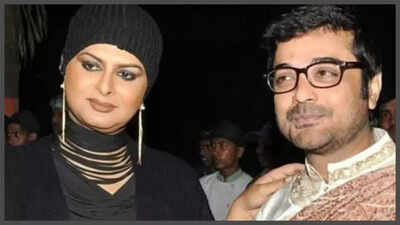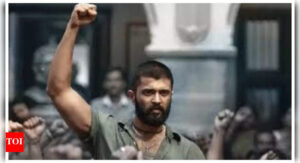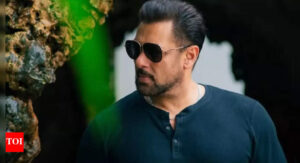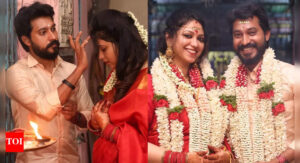‘I miss my bondhu’: Prosenjit Chatterjee remembers Rituparno Ghosh on his death anniversary – Exclusive |
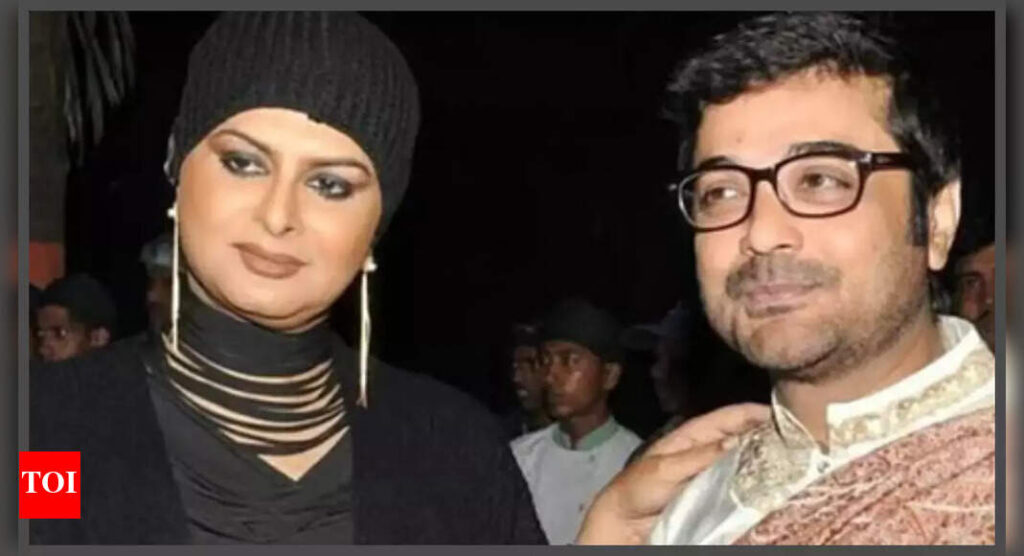
On Rituparno Ghosh’s death anniversary, actor Prosenjit Chatterjee opens up in an exclusive conversation with ETimes about their deep bond, cinematic milestones, and the emotional void left behind by the iconic filmmaker. From Unnishe April to Doshor, Prosenjit reflects on how Ritu shaped his journey as an actor — and as a friend. Excerpts…When did you first meet Rituparno Ghosh?I think the first time I met him was at Rinaji’s (Aparna Sen’s) place, long back. He was a boy with long curly hair, very young. Later on, of course, I came to know he was doing a film with Debashree Roy. I was just married; he came to my place for a narration.That is how your first collaboration Unnishe April happened?Suddenly, he told me if I could do a guest role in that particular film, which I never took seriously. It was a very different kind of film with a small role for me after my first film with Debashree (Purushottam). So I just took it very lightly. But once I worked with Rituda in Unnishe April, after the film got released—though I had just two or three scenes in the film, though I was a superstar at that time, and I was doing all mainstream stuff—people started writing such good words and something like, “We have not seen Prosenjit in this way.” I think that gave me a very big kick.Among all your collaborations with Rituparno Ghosh, which do you think is the most important?Though all my films with him are superb, I think till today, people remember the film for which I got my National Award—and it was Doshor with Konkona Sen. I think that’s the film people say I’ve done such a different kind of work in. And for me also, Doshor was one of those most challenging characters. I really wondered if I could do it. Ritu had made me—he really helped me to do that character.Who among the contemporary Bengali filmmakers are the true inheritors of Rituparno Ghosh’s legacy?Every Bengali director of today’s generation has a huge respect for Ritu—not only as a filmmaker, but his style and the way he used to tell the story. But of course, Atanu Ghosh, I think, is one of those directors who maintained a very different kind of cinema and carried forward Ritu’s legacy. He is doing it very cautiously—not following Ritu’s steps, I will say—but he has his own way of telling stories. Things have changed, and there’s a more commercial consideration. But I think Atanu Ghosh has maintained that cinema which Ritu made, in the way he wants to do. And I still remember, when I used to ask Ritu who was his inheritor, he would say Atanu.Who else?There is Kaushik Ganguly—he is also a wonderful director. Srijit Mukherjee is also a great director. Everybody wants to do something. In fact, today, a trailer is going to be launched for a film dedicated to Ritu. I have to go just to bless them. They are dedicating this film to Rituparno Ghosh. So, and I’m going just as a friend. I was one of the closest friends of Ritu, apart from his directorial work, whatever we have done. Normally, I don’t talk about Ritu, because he was my closest. I don’t want to talk about Soumitra Kaku (Chatterjee) again, because I really feel sad. I don’t want to believe that they are not in this world. I really miss Soumitra Kaku also—the same as Ritu. Soumitra Kaku was my father figure, like, he was my—my, I will say—guide. He was my inspiration.We all miss Rituparno Ghosh?I mean, honestly speaking, what I really miss after Ritu left me is that I don’t have a place where I can go and open up. Like, you know, everybody is senior to me, or they’re much younger to me. So I’ve become a father figure now. Ritu used to be somebody I could go to for guidance. He was a true friend. He was my ghar ka dost. Ritu made Chokher Bali long back, and that was a pan-India film. He practically helped me reinvent myself as an actor. I miss my Bondhu.
